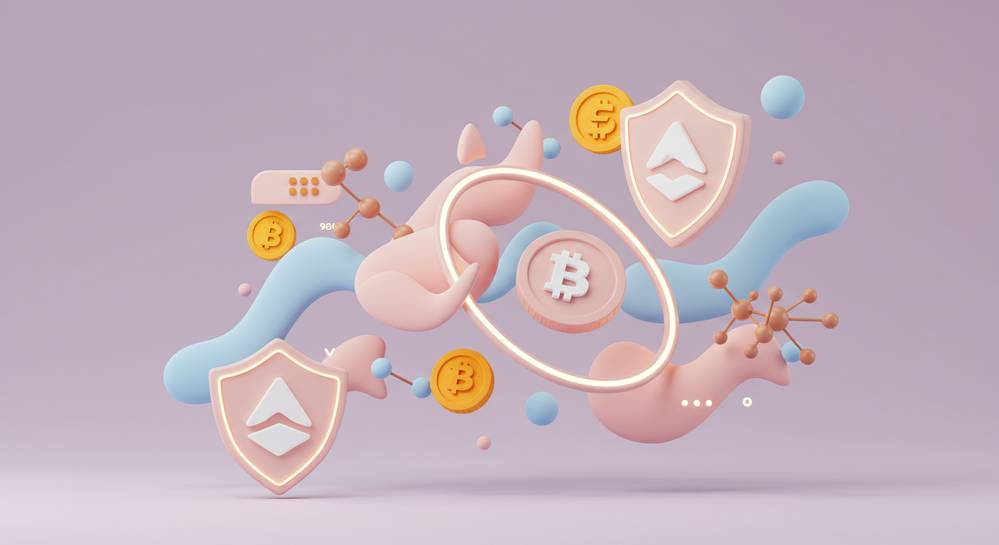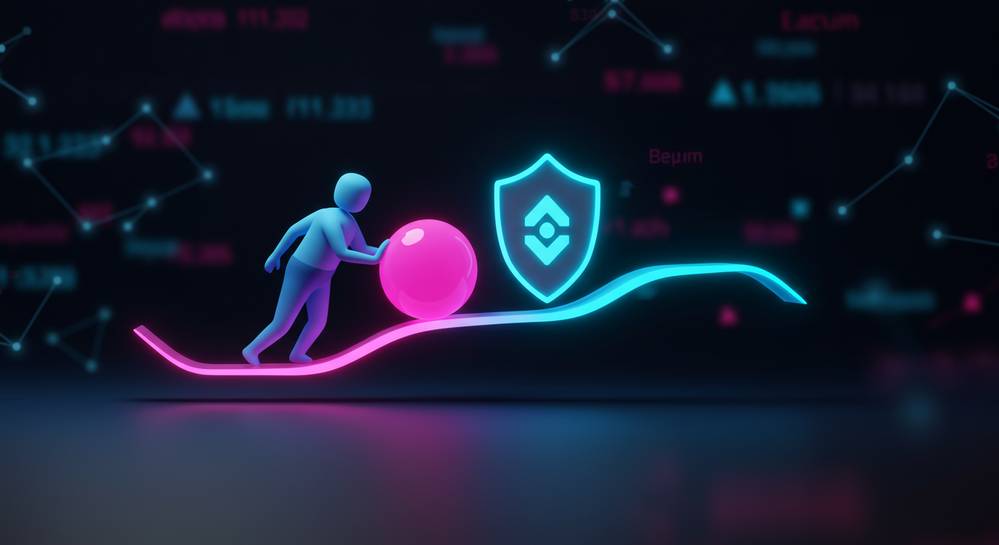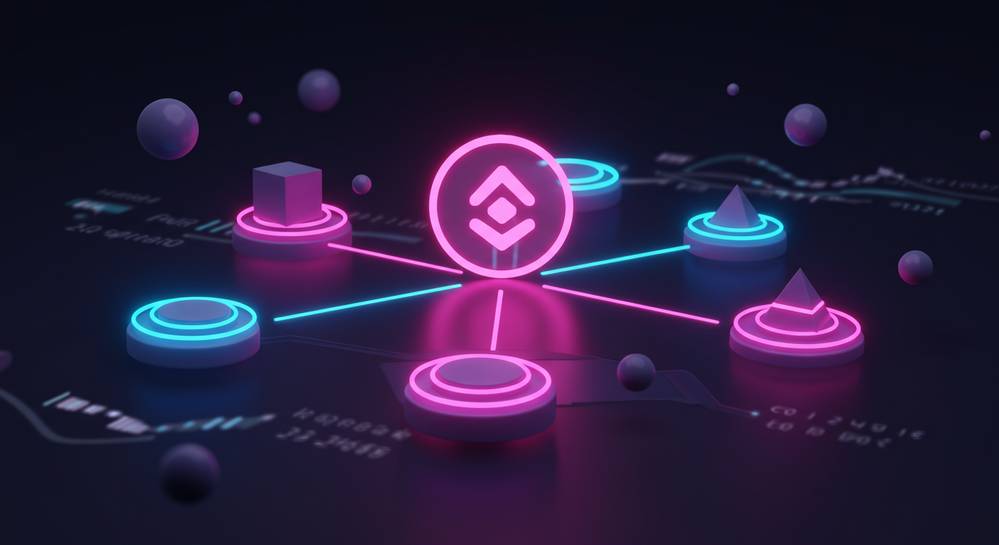Curious about digital gold? You’re not alone. What is Bitcoin? It’s a question sparking conversations worldwide, setting the stage for a financial revolution. As your guide, I’ll take you through the twists and turns of this cryptocurrency, starting with its building blocks. We’ll decode blockchain’s role and how it fuels Bitcoin’s engine. Next, as we dive deeper, you’ll see the gears turning—how mining shapes the market. Then, we explore Bitcoin in daily life, from purchases to securing your digital stash. Lastly, we’ll glimpse the future—unpacking Bitcoin’s legal dance and its potential to reshape economies. Ready to unravel Bitcoin’s mysteries with me? Buckle up; we’re just getting started.
Unraveling the Basics of Bitcoin and Blockchain
What is Bitcoin? The Dawn of Digital Currency
Bitcoin is a kind of money, but it’s on the internet. It’s not like the dollars or coins in your pocket. You can’t touch it. But you can use it to buy things or trade it, just like regular money. A person named Satoshi Nakamoto made up Bitcoin. No one knows who they really are. People like how Bitcoin does not need a bank. It’s like a secret way to move money that no one controls.
Bitcoin works like magic numbers. When you have these numbers, you have the Bitcoin. You keep these numbers safe in a Bitcoin wallet. Think of it like an app that holds your secret codes. No one can take your Bitcoin without these codes.
Now, something called blockchain is what makes Bitcoin special. It’s like a chain of blocks, but each block is a list of trades. Everyone can see this list. It stops people from cheating. Like if someone tries to spend the same Bitcoin twice, the blockchain shows that it’s wrong.
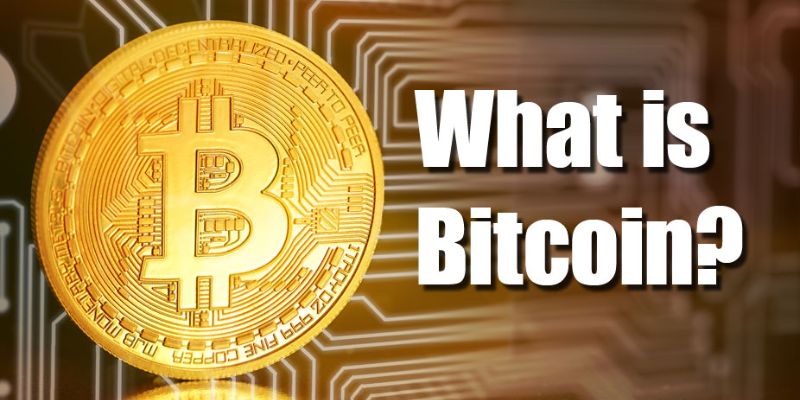
Blockchain Technology: The Backbone of Bitcoin
A blockchain is like a big book where you write down all Bitcoin deals. Once you write something, you can’t erase it. It’s always out there for people to check. If you send some Bitcoin, computers check the deal first. Then they put it in the blockchain book. It’s like getting a stamp that says, “This is true.”
Each new deal joins a block. A block has lots of deals. When it’s full, it connects to the last block. That’s why it’s called a blockchain. It’s a line of blocks with all the Bitcoin deals from the start until now.
Computers that add blocks to the chain are called miners. These miners solve hard puzzles to add a block. They get new Bitcoin for their work. This is how new Bitcoin comes into the world. It’s called Bitcoin mining. But mining needs a lot of power from computers, so it’s a big job.
The blockchain is safe because it uses math secrets called cryptography. It’s a way to lock your Bitcoin so only you can open it with your secret codes. Everyone’s deals use these math secrets. That’s how you know no one messed with them.
So here’s the big thing. Bitcoin lets us send money across the world fast and without a bank. It’s private, and no one person or group can say what happens with Bitcoin. It’s like people anywhere can agree on who owns what, without needing a middle man. That’s a new idea, and it’s why some people think Bitcoin could change money in the future.
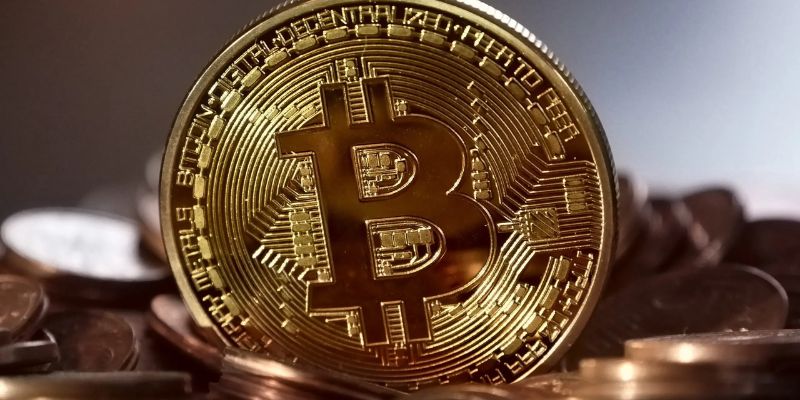
Delving Into the Operation of Bitcoin
The Intricacies of How Bitcoin Works
Let’s dig into how Bitcoin ticks. Think of Bitcoin as digital money that lets you pay people or buy things without a bank in the middle. It moves directly from one person to another. That’s called peer-to-peer. Bitcoin lives on a list of all transactions, known as the blockchain. Everyone can see this list.
Bitcoin isn’t just lying around. It’s made by people using computers to solve tricky math problems. This puzzle-solving is known as mining. When solved, it adds new transactions to the blockchain.
Each Bitcoin transaction is like a mini-story. It moves from one digital wallet to another. Each has a secure lock. This lock uses a special number called a crypto key. If you want to send Bitcoin, you unlock it with your private key. Then, the Bitcoin can scoot off to someone else’s wallet.
Here’s where it gets neat: Bitcoin’s blockchain is like a big team of witnesses. They all have the list and agree on who owns what. This keeps it fair and safe. No one can cheat and say they have Bitcoin they don’t—everybody would notice!
Mining to Markets: Understanding Bitcoin Mining and Transactions
Have you heard of Bitcoin mining? It isn’t digging holes but powering up computers to unlock new Bitcoin. Miners power the Bitcoin network by checking transactions. What they do is kind of like being a super accountant and security guard wrapped in one.
Bitcoin mining is tough work for these computers. It takes a lot of power and number-crunching to mine Bitcoin. But why do they do it? Every so often, miners earn fresh Bitcoin, like a prize for their hard work.
What about after mining? Let’s talk about buying things. You can use Bitcoin to purchase stuff online and, more and more, in stores. Folks also trade Bitcoin, aiming to buy low and sell high. Just like we see in stock markets.
But remember, Bitcoin prices can jump around a lot. So, it’s not just about making quick money. Some folks hold onto their Bitcoin, hoping it will be worth more later.
Keeping Bitcoin safe is super important. We use digital wallets for that. They can be online, offline, on a computer, or even on a piece of paper. Each wallet has its own private key: think of it as the wallet’s secret passcode.
Now you know the nuts and bolts of Bitcoin. It’s a neat way to use money. It has no borders and gives folks the chance to manage their cash in new ways. Always smart to double-check and think before jumping in, but that’s part of the fun, right? Understanding Bitcoin can make you feel like a tech wizard, and you’re now on your way!
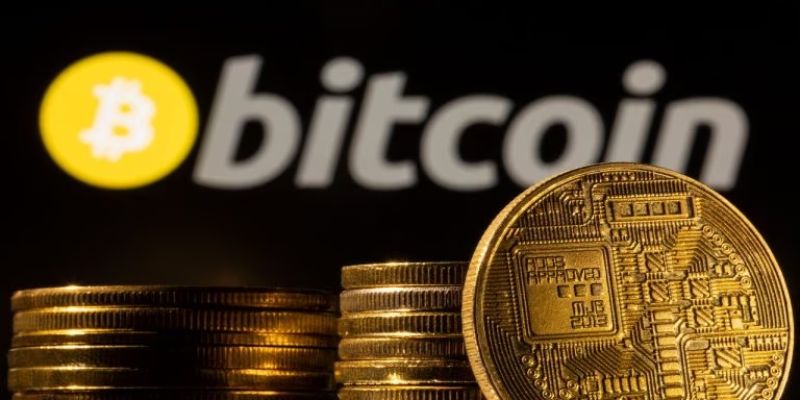
The Real-World Use Case of Bitcoin
Incorporating Bitcoin into Everyday Life: From Buying to Investment
Bitcoin is not just internet magic. It’s real money but digital. We use it to buy things, pay for services, and invest. Here’s how it unfolds in daily life.
How Do I Buy Bitcoin?
You hop on a bitcoin exchange, like buying cards at a store. Choose how much you’d like, pay with cash or a card, and boom, you own bitcoin!
After buying, the value of your bitcoin can go up or down, kind of like a roller coaster. This is why some people make it part of their investment plan. They hope it’ll be worth more later.
Can I Just Buy Things with Bitcoin?
Yes, you can! More shops now say “yes” to bitcoin. From online stores to physical shops, you can buy with bitcoin. Just check if the seller accepts it, then use your bitcoin wallet to pay.
Safeguarding Your Investment: Security Best Practices for Bitcoin Wallets
Keeping your bitcoin safe is key. Just like you wouldn’t leave cash on a park bench.
What is a Bitcoin Wallet?
Think of it as your digital piggy bank. It’s where you keep your bitcoin so nobody else gets it. Wallets can be on your computer, phone, or even a separate piece of hardware.
How Do I Keep My Bitcoin Wallet Safe?
First, use strong passwords. No birthdays or “1234”. Also, know your private key. It’s like a secret code that locks your wallet. Keep it safe and don’t share it.
Is That It?
Not quite. Always backup your wallet. If your phone swims in a pool, you won’t lose your bitcoin. Use two-factor authentication too. It’s like a double lock on your digital door.
Remember, keeping your bitcoin safe takes a bit of effort. But it’s worth it to protect your investment.
Stick around to learn even more about handling bitcoin in the smartest ways.
Bitcoin’s Landscape and Potential Impacts
Deciphering Legal and Tax Considerations in the Bitcoin Ecosystem
When you get bitcoin, think of the law. Legality can vary by country. Some places say yes to bitcoin, others no. Always check your local laws before you dive in. It’s crucial to know where you stand with bitcoin in your area. Without proper knowledge, you could face serious issues.
Tax rules are a must-know, too. In many places, bitcoin counts as property. So selling bitcoin can mean a tax event. Keep records of your bitcoin buys and sells. This way, you can report gains or losses correctly. Staying on top of taxes avoids nasty surprises later on.
The Evolution of Bitcoin: Historical Milestones and Future Prospects
Bitcoin started with a person named Satoshi Nakamoto. But we don’t know who this really is. It was in 2009 that Nakamoto made bitcoin live. The aim was a currency free from central control.
Since then, bitcoin has grown fast. It went from being worth almost nothing to thousands of dollars. This growth gets people excited about its future.
Mining bitcoin is how new bitcoins come into being. High-powered computers solve tough math. This keeps the network safe and running well. Over time, mining bitcoin got harder. So, more power and better tech are now needed.
People send and get bitcoins on a peer-to-peer network. This means no middleman, like a bank, is needed. Every transaction is kept in a public list called the blockchain. This helps make sure every bitcoin is real and stops fraud.
Bitcoin has had its ups and downs in value. This is similar to stocks but can be more extreme. Because bitcoin’s still new, it can change quickly. This can mean high risk but also high rewards for investors. Knowing how to manage these risks is key.
In the future, bitcoin looks to solve problems like slow transactions and high fees. New technology could make bitcoin work better for more people. This means it might become more common in our daily lives.
Understanding bitcoin and its impacts is important. It’s not just about money, but also about privacy and control. Whether you’re buying bitcoins, mining, or just learning, knowing the full picture helps you make smarter choices.
The world of bitcoin is complex and always changing. But if we stay informed and mindful, we can navigate this digital landscape together. Remember, with great power comes great responsibility. So, learn, understand, and use bitcoin wisely. And always remember, keep it legal and keep track of taxes.
We’ve explored the nuts and bolts of Bitcoin, spotting its rise from a novel digital currency to a staple in financial discussions. We dug into Bitcoin’s heart: the blockchain, a robust system backing every transaction. Then, deep into its workings, we glanced at the mining process and how your digital cash moves.
In the real world, we saw Bitcoin’s role shift from online to tangible, showing how you can use it daily and guard your digital wallet. Laws and taxes around Bitcoin can be tricky, but knowing them keeps you safe and smart.
Lastly, we walked through Bitcoin’s history and peered into its future, both exciting and unknown. Bitcoin isn’t just buzz; it’s a financial force to reckon with. Keep these insights close as you consider stepping into the world of Bitcoin. Embrace the change, stay secure, and watch how this tech shapes our cash and culture.
Q&A :
What Exactly is Bitcoin?
Bitcoin is a form of digital currency, known as a cryptocurrency, that operates without the need for a central authority, such as a government or bank. Instead, it relies on a decentralized network of computers to handle transactions and issue new bitcoins via a process called mining. Transactions are recorded on a public ledger called the blockchain.
How Does Bitcoin Function?
Bitcoin transactions are verified by network nodes through cryptography and recorded in a public distributed ledger called a blockchain. Users can send and receive bitcoins electronically for an optional transaction fee using wallet software on a personal computer, mobile device, or a web application. The integrity and the chronological order of the blockchain are enforced with cryptography.
Can You Convert Bitcoin into Real Money?
Yes, bitcoins can be converted into real money by using cryptocurrency exchanges or peer-to-peer transactions. Once exchanged, the fiat money can be withdrawn to a bank account or used directly for purchases from merchants that accept fiat currency.
Is It Safe to Invest in Bitcoin?
Investing in Bitcoin, like any investment, comes with risks. Bitcoin’s price is highly volatile, subject to rapid fluctuations. While it may offer high returns, investing in Bitcoin should be done with caution, and it’s wise to never invest more than you can afford to lose. Understanding the technology and market trends is key to making a well-informed investment.
What Determines the Price of Bitcoin?
The price of Bitcoin is determined by supply and demand dynamics. It is influenced by factors such as the rate of Bitcoin adoption, public sentiment, market events, regulatory developments, and the currency’s capped supply, which is limited to 21 million coins. The interplay of these factors drives the price fluctuations seen on cryptocurrency exchanges.

